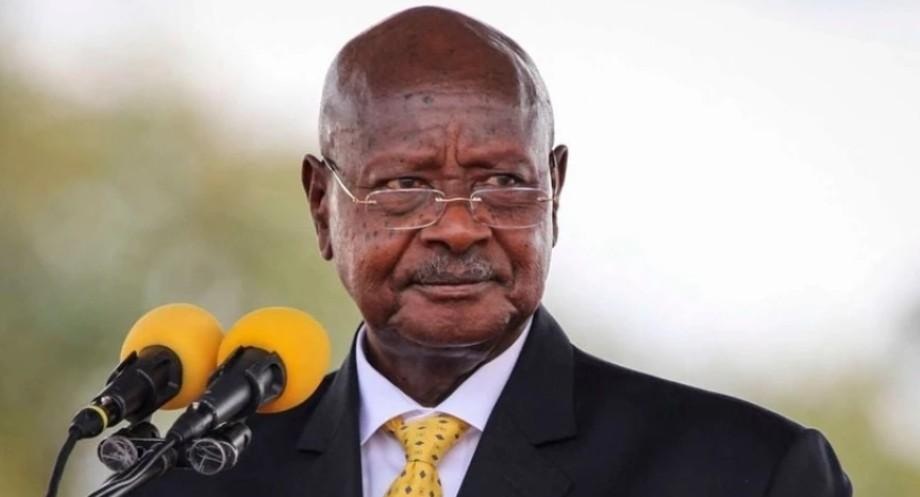Uganda’s President Yoweri Museveni has officially confirmed he will stand in the country’s upcoming presidential elections, scheduled for early next year.
Local media sources say that at 80 years old and already nearly four decades into his tenure, Museveni’s decision signals a likely extension of his grip on power, a rule that began in 1986 after he took control through a five-year civil conflict.
In a statement released late Saturday, June 28, 2025, Museveni revealed he had submitted his intention to contest as the presidential flag bearer for the ruling National Resistance Movement (NRM) party.
This confirmation ends speculation over whether the veteran leader would seek another term and sets the stage for a high-stakes contest in 2026.
Over the years, Museveni and his party have navigated the constitutional terrain strategically.
The NRM-led parliament scrapped both presidential term and age limits, effectively allowing him to stay in office indefinitely.
These moves, however, have attracted criticism both locally and internationally.
Human rights groups accusing the president of eroding democratic institutions and using state machinery to consolidate power.
Museveni has denied these accusations, portraying himself as a steady hand guiding Uganda toward stability and prosperity.
In his latest declaration, Museveni said his focus remains on economic transformation, pledging to elevate Uganda to a “$500 billion economy in the next five years.”
This ambitious vision contrasts sharply with current economic data: Uganda’s gross domestic product (GDP) stands at just under $66 billion, according to official figures.
Critics argue such projections are overly optimistic without significant structural reforms.
The 2026 elections are expected to rekindle political rivalry.
This is especially between Museveni and opposition leader Bobi Wine, a popular musician-turned-politician whose real name is Robert Kyagulanyi.
Wine, who has confirmed his candidacy, was Museveni’s main challenger in the 2021 elections.
He rejected the results of that vote, citing large-scale fraud, intimidation of voters, and abuse by security forces.
His accusations were backed by multiple civil society groups and international observers who pointed to irregularities in the electoral process.
As Uganda heads into another tense electoral season, concerns about democratic backsliding are once again coming to the fore.
In recent months, political tensions have flared after the Ugandan parliament passed a controversial law allowing military courts to try civilians.
It was a move the Supreme Court had previously ruled unconstitutional.
The government defends the legislation as a necessary measure to confront rising threats to national security.
However, many see it as a tactic to silence political opposition and civil society.
Uganda has a history of using military courts against political dissidents and outspoken critics.
In 2018, Bobi Wine was dragged before a military tribunal on charges of illegal firearm possession, charges that were later dropped.
Yet, the symbolism of such actions has not gone unnoticed.
Human Rights Watch and other advocacy groups have consistently raised alarms about Uganda’s use of military justice.
Oryem Nyeko, remarked earlier this year, “The Ugandan authorities have for years misused military courts to crack down on opponents and critics.”
Nyeko is a senior researcher for Africa at HRW.
He emphasized that these courts often lack the independence and fairness required by international legal standards.
As the 2026 elections draw near, Uganda’s political climate remains charged.
For many citizens, particularly young people and first-time voters, the choice ahead is stark.
The choice before them lies between the continuity under Museveni’s rule, which supposedly promises stability and ambitious economic growth, or change led by a new generation represented by figures like Bobi Wine.
Wine reportedly advocates for democratic reform and youth empowerment.
The stakes are high.
With nearly 80% of Uganda’s population under the age of 35, the call for change resonates widely.
Still Museveni’s well-oiled political machinery and control over state institutions cannot be underestimated.
Whether the coming election will be a true reflection of the will of the people or another chapter in Museveni’s extended rule remains to be seen.
But one thing is certain: Uganda’s future, and indeed its democratic trajectory, hangs in the balance.







